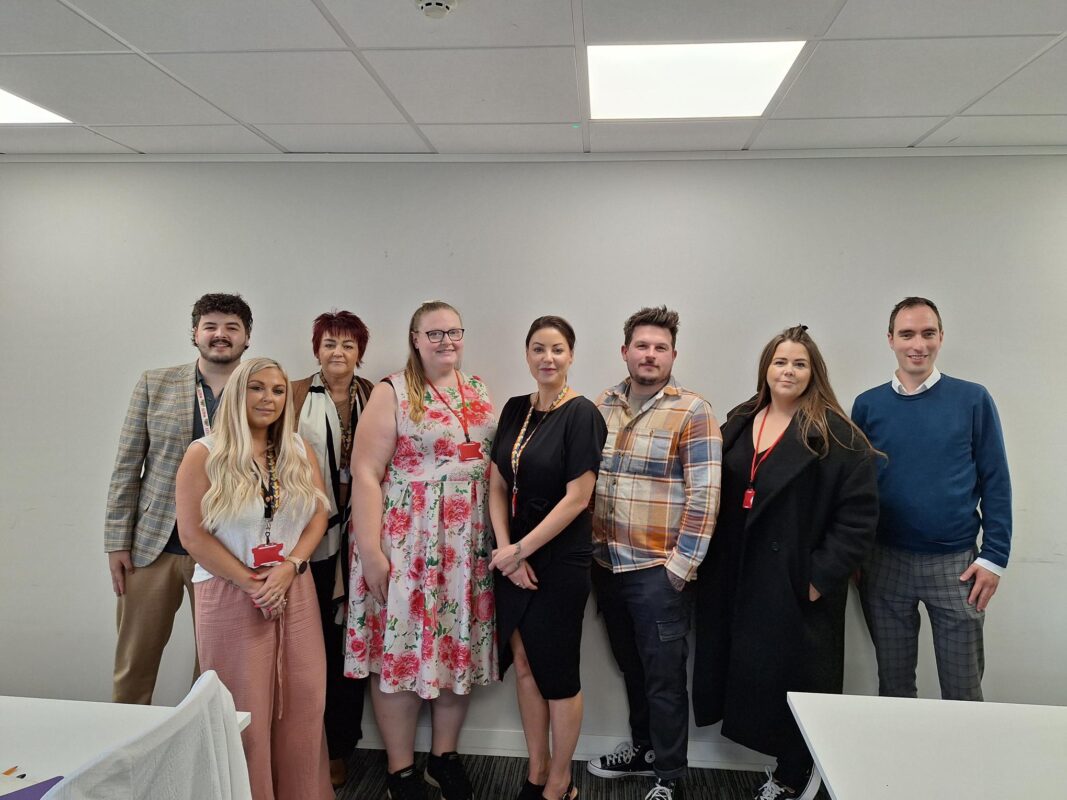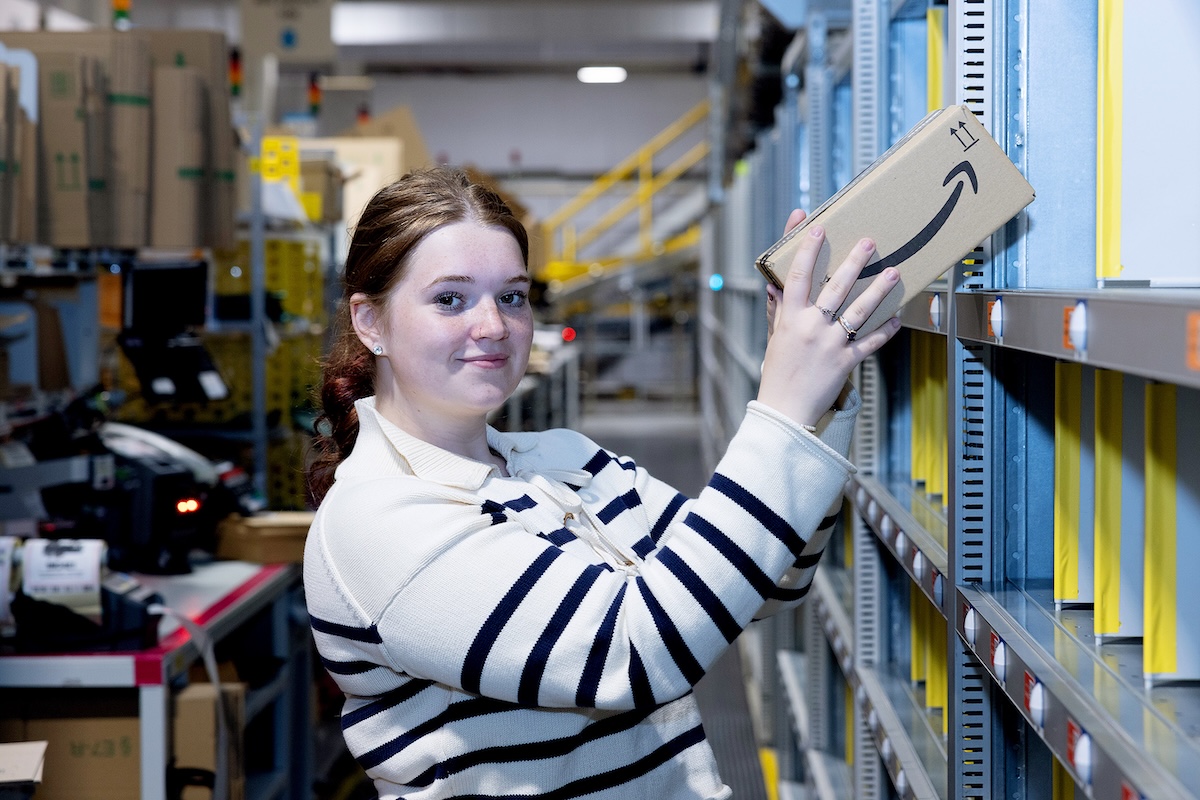Breaking Barriers to Social Justice in Post-16 Education

Trauma is believed to be the largest public health issue facing our children and young people today, the scale of which has been intensified post-COVID-19. For the last four, but more specifically the last two years, we have cohorts of students entering post-16 education who have had over 15% of their whole life associated with educational disruption, social isolation, loss, uncertainty and anxiety.
Trauma is believed to be the largest public health issue facing our children and young people today
Students will inevitably have to navigate academic stress, and for college students, the move from secondary to post-16 education will be the most challenging transition phase of a 16-year-olds life to date. However, today, sadly too many young people grow up surrounded by stark levels of deprivation, insecurity and adverse early-life experiences that have left them suffering from severe trauma, which too often goes overlooked and unaddressed. Add to this social media, the cost-of-living crisis, the Covid legacy, and general political disillusionment which have all played a role. We’re also faced with new and unique challenges such as vaping, cyberbullying, revenge porn, smartphone addiction, county lines, and for me, what has now become the ‘perfect storm’ in terms of multiple layers of complex challenges that students must navigate, that will either reinforce existing trauma or create new traumatic experiences.
Why does trauma have such a profound impact on our students?
Why does trauma have such a profound impact on our students? I think to understand this, it’s essential to define trauma itself. The charity Mind offers a powerful definition: “Trauma is when we experience very stressful, frightening, or distressing events that are difficult to cope with or out of our control.” Trauma extends far beyond the individual, having widespread effects on communities—such as young people and colleges—and society.
Trauma is best understood by looking at how people adapt to cope with difficult experiences, rather than focusing on the difficult events themselves. For the majority of our student community, who are adolescents, emotional expression and regulation are still developing. This often results in distress manifesting as aggression, avoidance, withdrawal, or other behaviours that hinder their ability to thrive. The repercussions are significant: we see a marked increase in challenging behaviour, higher rates of non-attendance, and a growing risk of students becoming NEET (Not in Education, Employment, or Training). As a college in a sea-side town, we know we face the same challenges as many:
- People in the South West of England face some of the “most profound social and educational divides in the country”.
- A town where most postcodes fall within the bottom 5% of the national Income Deprivation Affecting Children Index (IDACI).
- Persistent absence in the town’s secondary schools is nearly 10% higher than the national average.
- Key Stage 4 attainment in the College’s catchment area is below the national average.
- Rising unemployment within North Somerset.
The cause of this increased low-level disruption and disengagement with learning and education, will vary student by student, but if we were to characterise our students, especially our 16-19 students, we see a group who are in the main detached, defensive and at times distrusting of the world, and when you reflect on the experiences detailed earlier in this piece, are we surprised? They are operating under a sense of ambiguity, anxiety and increased arousal and this is the challenge facing all colleges and their staff today.
Creating Brighter Futures
It is well-known, that students struggle to learn if they don’t feel a sense of belonging and are what we term ‘psychologically safe’. As a college with a mission statement of ‘Creating Brighter Futures’, our goal is to ensure that we create opportunities for all our students to succeed in developing the knowledge, skills, character and resilience to play the positive role in society that they choose for themselves. To achieve this within the current environment, we must be proactive and responsive to the needs of students and create an inclusive environment that fosters a feeling of connection and psychological safety. By succeeding in this we know our students will be innovative, creative, and productive, but also challenge us as an institution to continue to improve.
At Weston College, we have made significant strides by implementing successful initiatives such as our Wellbeing@Weston strategy and leveraging our expertise as a SEND Centre of Excellence throughout the institution. While these models have been effective, it has become clear that a renewed focus and a more enhanced approach are necessary to better meet the evolving needs of our students. As a result, this year we are focusing on two key initiatives – one that has derived from the skills and expertise of our staff and second, by utilising the skills of the wider sector, namely Polly Harrow as the FE Student Support Champion.
Initiative One: this year, spearheaded by our Head of Student Support Services, Chloe Wilde, the College has launched the 5 Cs Framework as part of our journey to becoming a Compassionate College. Focusing on the 5Cs; Connect, Care, Challenge, Consistency and Celebration ensures that our staff working with students are not only cognisant of these but that they actively embedded in it into all aspects of their delivery. This will be delivered to staff via workshops by the end of the autumn term and will support us in creating a culture of psychological safety for our students, whilst also developing self-efficacy across our student community and reinforcing positive behaviours and success.
Initiative Two: all staff across the College recently attended a session delivered by Polly titled ‘Intersectionality: Trauma-Informed, Restorative and Anti-Racist approaches. The session explored how a trauma-informed, restorative approach in education is informed by understanding teenage brain development and that our practices need to be based on empathy and knowledge to reduce unwanted behaviour and conflict.
As a member of the new Executive Team at Weston College, these are my current top three challenges and requests for our staff and all staff within further education:
- Post-16 settings need a culture that is inclusive, supportive and certain. It is the environment our young people demand to ensure they can thrive. Emotional stability is contagious, so spread it with your learners and watch it ripple through and take hold!
- Foster strong partnerships with external organisations to support students and drive psychological safety, and social prescribing. It is vital that we ensure that what we do as a college, seamlessly links to all other support our community either receive or can access.
- As we await a further clarification on new agendas such as, what the new Ofsted framework including the new scorecard approach will be, the finer details of the Youth Guarantee announced in the ‘Get Britain Working’ White Paper launched by central Government recently, it is vital that colleges provide evidence-based leadership to provide a responsive and effective education offer that contributes to improved social equality and mobility and development of student capital.
The above is by no means the golden ticket answer, but I am confident it reinforces the foundations of a needs-led, inclusive and compassionate college.
By Ben Knocks, Vice Principal, Weston College











Responses